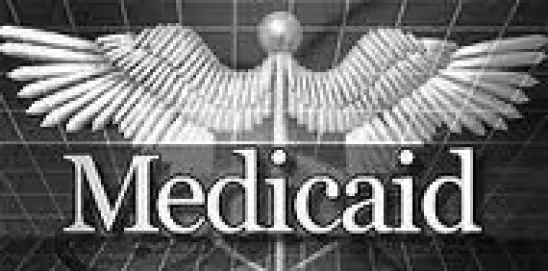On Monday, October 2, 2023, the New York Office of the Medicaid Inspector General (OMIG) published its Annual Report for 2022. The Report details the various efforts that New York’s Medicaid program undertook in 2022 to accrue $3.4 billion in recoveries and cost avoidance.
Highlights from the Report include the following:
- A new process for providing preliminary information regarding the existence of a Medicaid lien, and a streamlined process for notifying other parties of that information.
- Developed processes in consultation with the Department of Health to monitor and audit the distribution of payments from the Health Care and Mental Hygiene Worker Bonus Program, created in 2022 to bolster recruitment and retention efforts for certain health care workers.
- Issuance of Audit Summations, which indicate provider compliance with Medicaid requirements, in roughly a quarter of finalized audits.
- Approval of 19 requests by providers for financial hardship relief after a Final Audit Report. OMIG allows providers to submit an application for relief upon receipt of a Final Audit Report, so long as they demonstrate financial hardship. OMIG denied three renewals and otherwise granted the applications, with the three denials resulting from incomplete or insufficient documentation.
- Finalization of amendments to 18 CRR-NY 521 that impact compliance programs and reporting of overpayments. These amendments also clarify the purpose and process for the Self-Disclosure Program, which provides an avenue for providers to self-disclose overpayments that they have received.
- Identification of third-party insurers and verification of coverage, resulting in denied claims to Medicaid where another payer was liable for the cost. This resulted in $2.5 billion in savings during 2022 and $210 million in third-party liability recoveries. OMIG also had $171 million for recovery audit contractor recoveries.
- Maximization of Medicare coverage for home health care services for dually eligible Medicaid beneficiaries. OMIG is also considering several potential pilot projects to address program integrity and implementation strategies for the increase in dual-eligible recipients.
- Identification of several avenues of overpayment, including discrepancies between eligibility determination systems and identification numbers, payments made for Medicaid recipients after they are deceased, excess payments made for nursing home and long-term care, and payments related to rules around controlled substance prescriptions.
- Review of 3,863 allegations of potential fraud, waste, and abuse within the Medicaid program, resulting in 2,385 investigations, 1,116 referrals including 199 referrals to the Medicaid Fraud Control Unit, 130 referrals to HHS-OIG and 57 to the Department of Justice, 266 pre-payment reviews, 562 exclusions and 645 provider sanctions (representing a 20 percent increase in sanctions compared to 2021). The MFCU referrals focused largely on individual physicians and transportation provider types, with social adult day cares, physician groups, pharmacies, and non-enrolled providers following behind.
- OMIG identified a new project and focus on pharmacy services noting that “controlled substances are being abused.” In 2022, OMIG finalized four audits and identified more than $2.3 million in overpayments.
- OMIG focused on audits of rate-based providers, including nursing homes, to ensure accurate costs. OMIG issued 37 final reports and identified more than $17.4 million in overpayments.
- Highlighted a new project of referrals to the Justice Center. In 2022, OMIG and the Justice Center created a workgroup to improve processes and communication.
OMIG identified pharmacy services, nursing homes, and transportation as a few of the main areas of focus in addition to services that were not medically necessary. Importantly, OMIG highlighted that it created the Pharmacy Program Integrity Unit within its Division of Investigations in February 2022, highlighting the heightened focus and concern that OMIG and the Department of Health has with pharmacies and pharmaceuticals. OMIG again highlighted its work on the compliance programs and associated guidance to providers and we can expect to see more work detailed in the 2023 Annual Report. We will continue to monitor OMIG program announcements and enforcement.
*This post was co-authored by Ivy Miller, legal intern at Robinson+Cole. Ivy is not admitted to practice law.



 />i
/>i

